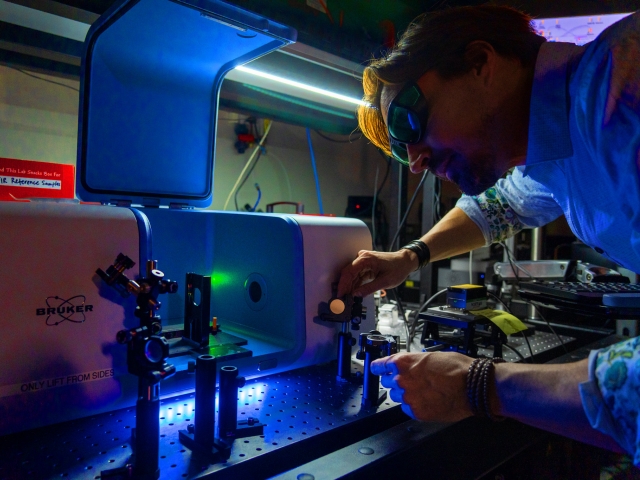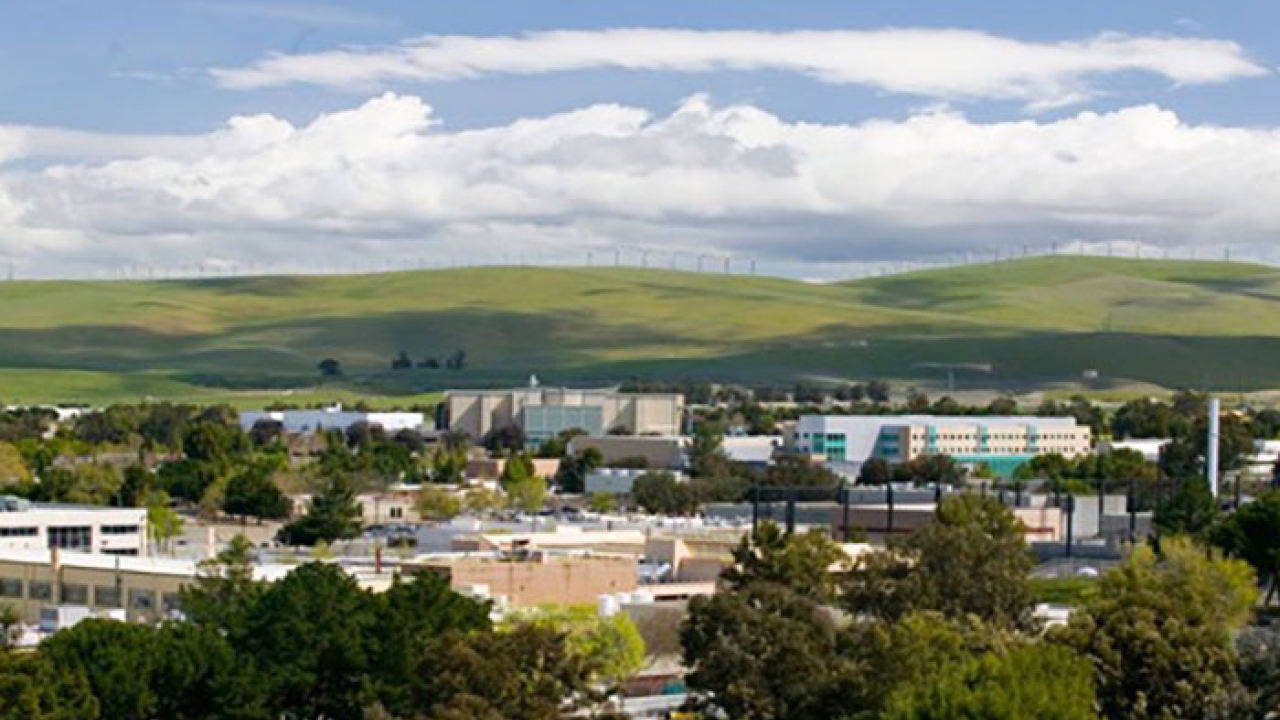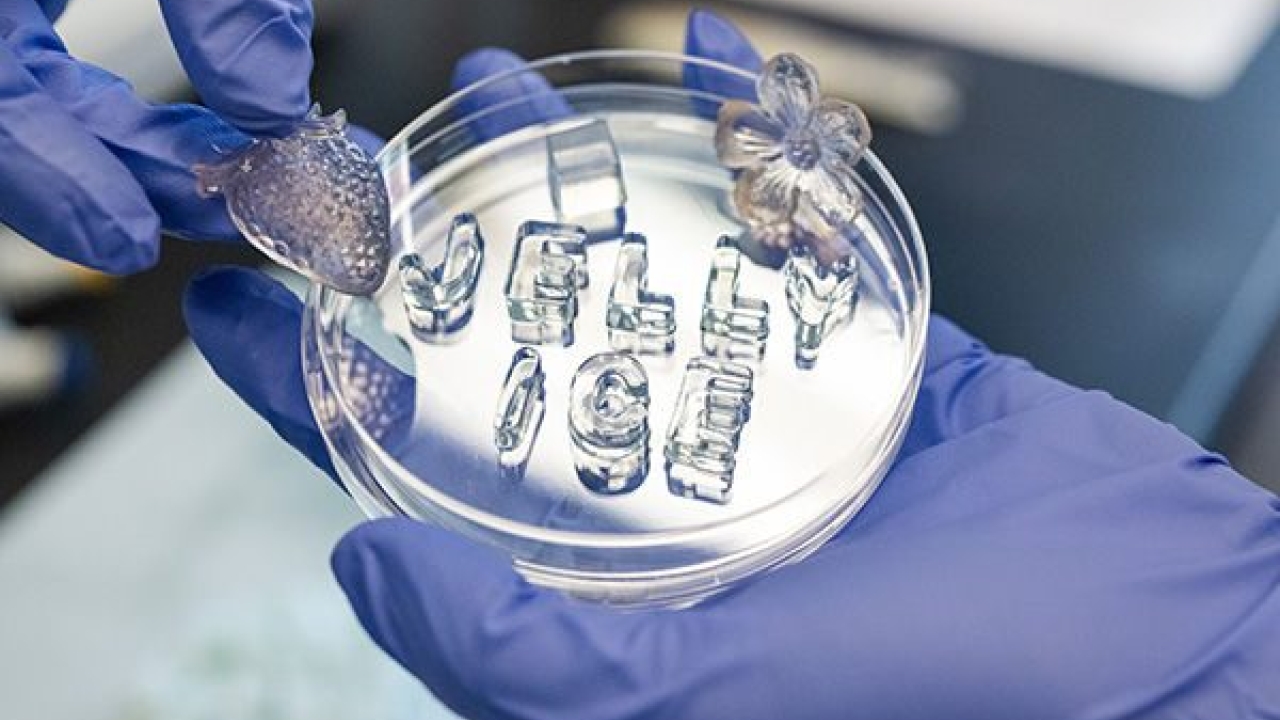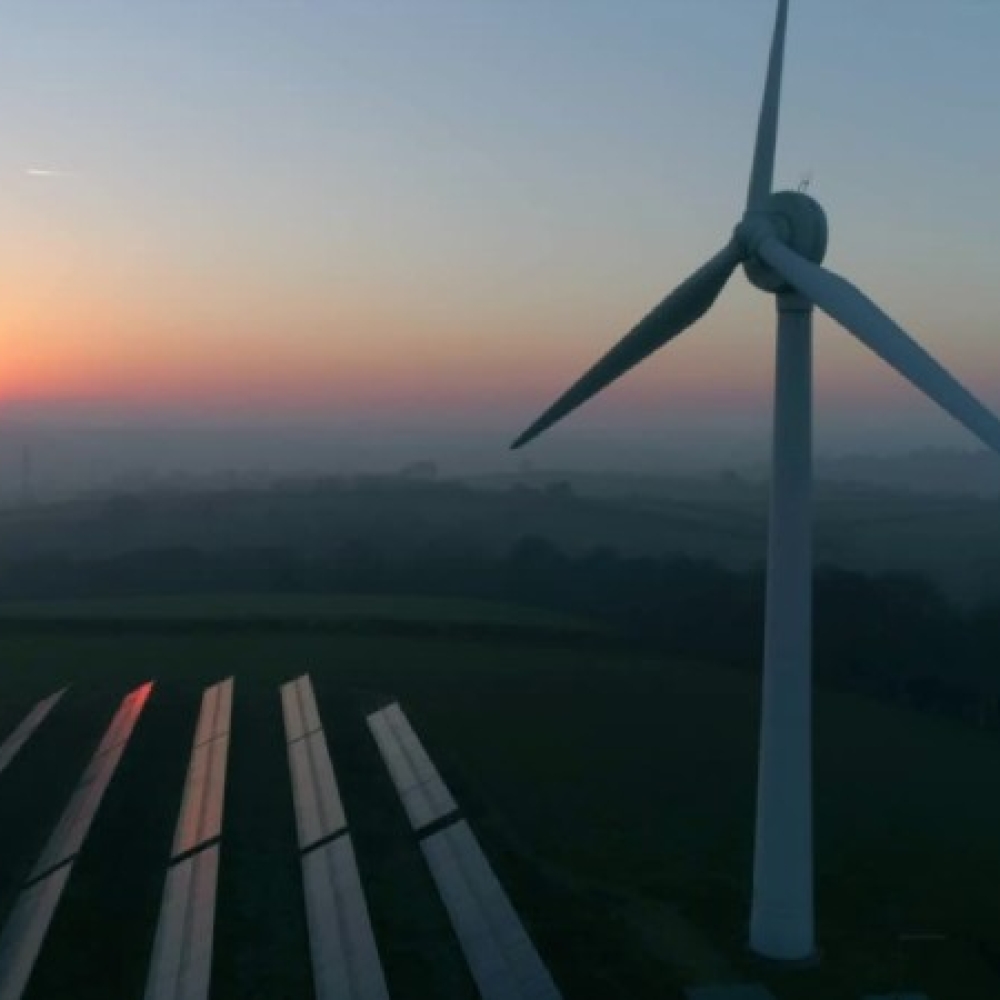We make significant contributions to climate mitigation through innovations in energy efficiency, generation and storage.
Mitigating climate change requires substantial decarbonization of building, industrial and transportation systems for the century to come. Our research focuses on alternative and renewable energy and storage systems, creating new ways to keep indoor environments healthy while reducing energy consumption, and incorporating environmental and social justice to ensure our research impacts the areas where it’s most needed.
Eclipsing the Limitations of Solar Energy
College of Engineering researchers aim to make around-the-clock solar energy a reality with a novel thermophotovoltaic device. Paired with an optical emitter, the device converts the sun’s heat into a concentrated light spectrum that can then be transformed into usable energy.
Research in Action
Mechanical Power by Linking Earth’s Warmth to Space
UC Davis Office of Research Selects Chemical Engineering Faculty for Fellows Program
Reusable ‘Jelly Ice’ Keeps Things Cold — Without Meltwater
Harnessing UC Davis’ Power of Collaboration
Revolutionizing Energy Systems
- The Policy Institute for Energy, Environment, and the Economy leverages world-class expertise and engages with policymakers and stakeholders to inform effective energy and environmental policy
- The Western Cooling Efficiency Center is an authoritative and objective research center that accelerates the development and commercialization of efficient heating, cooling and energy distribution solutions
- The Center for Water-Energy Efficiency works toward solutions that help utilities deliver resources more efficiently to customers, saving both energy and water
Engineering a better world calls for solutions of a different caliber, demanding innovation across disciplines using a design-centric approach.
We employ and develop intelligent systems and automation, tools at the nano-and-micro- scales and engineering for all that will revolutionize energy systems, strengthen climate resilience, advance human health and transform mobility to bring a sustainable, healthier and more resilient world within reach.









